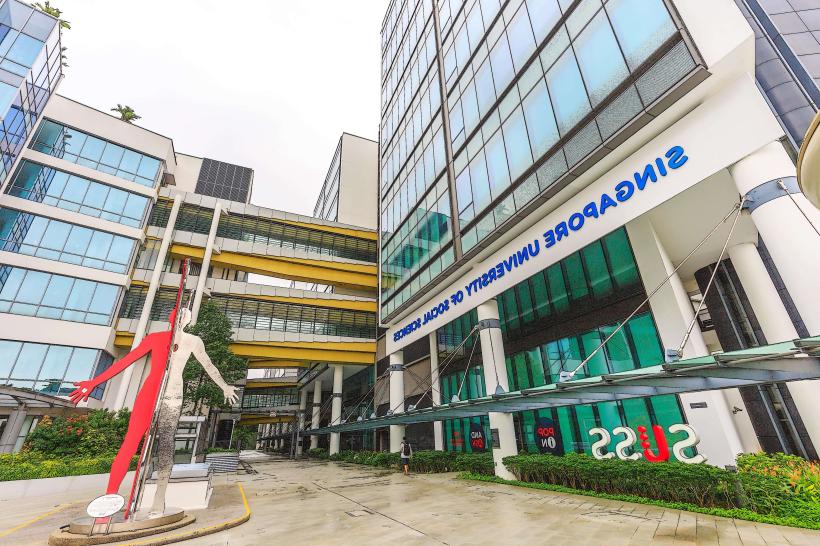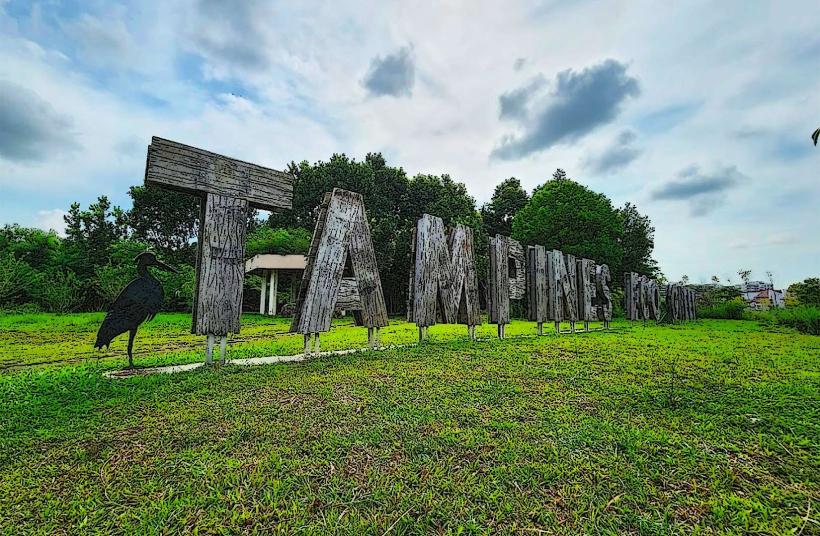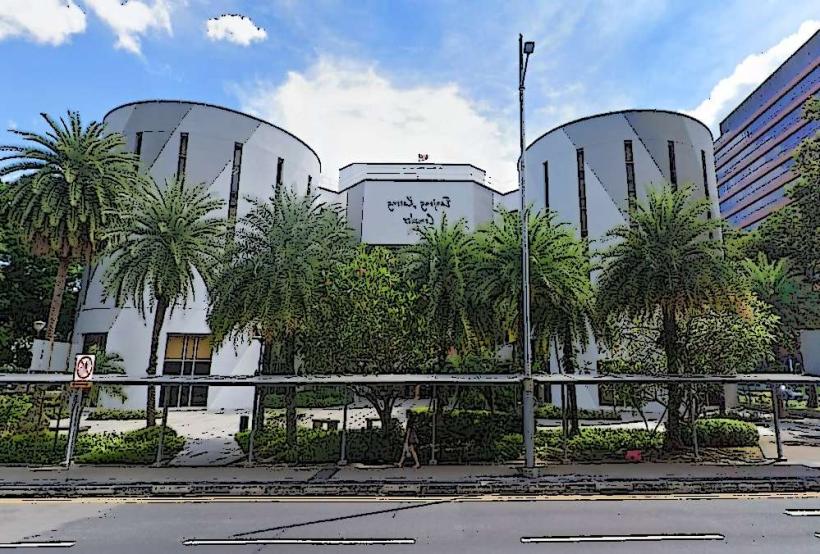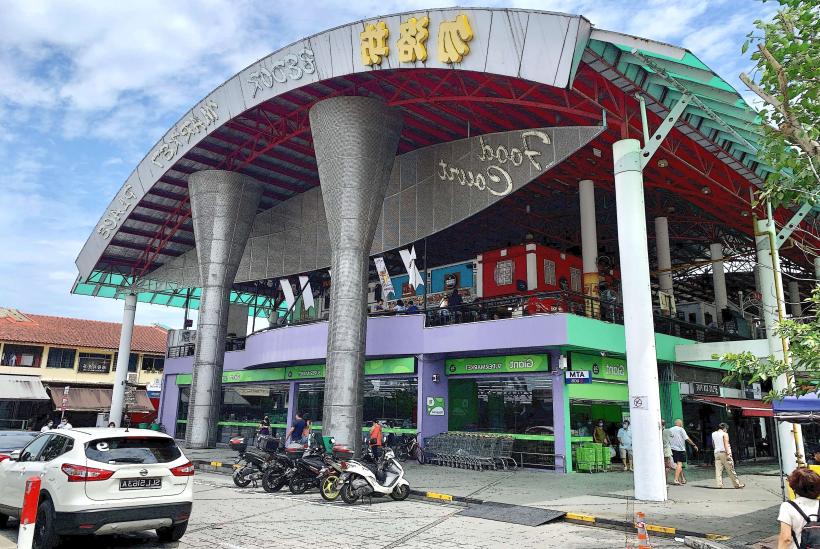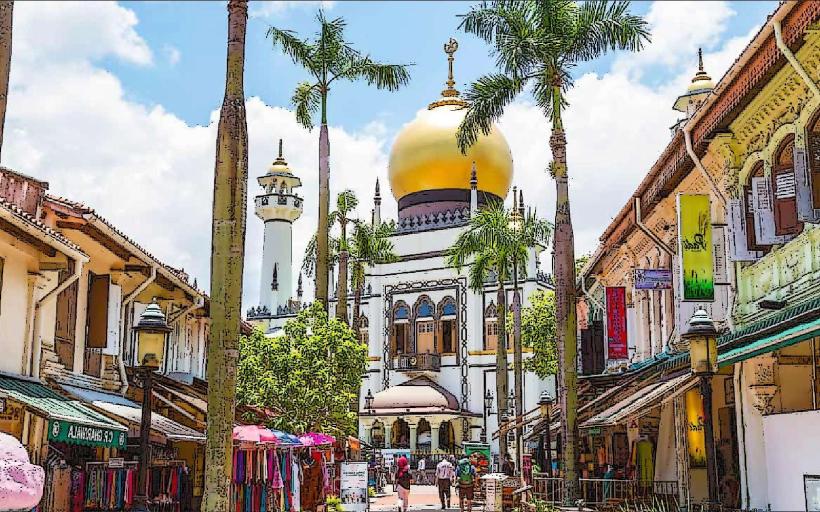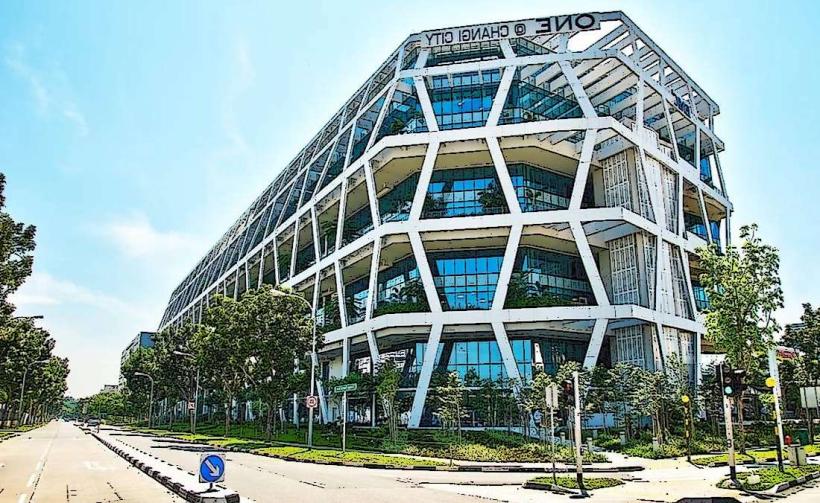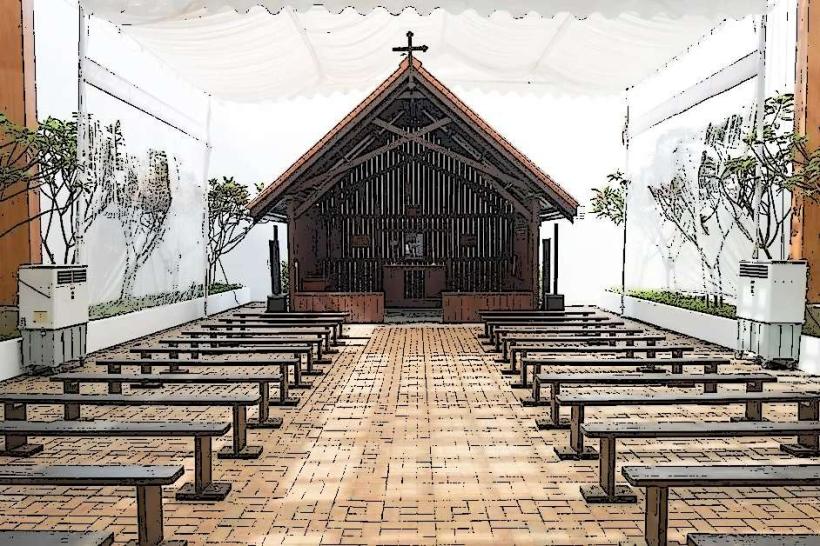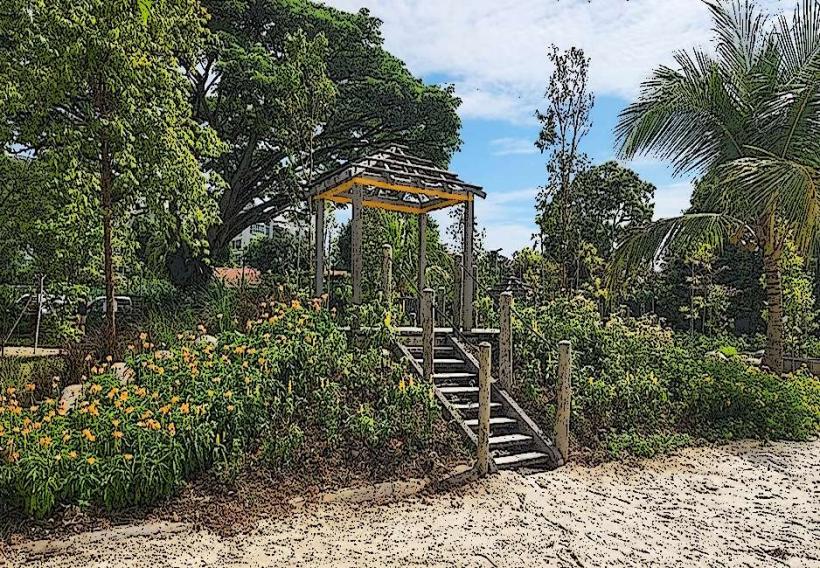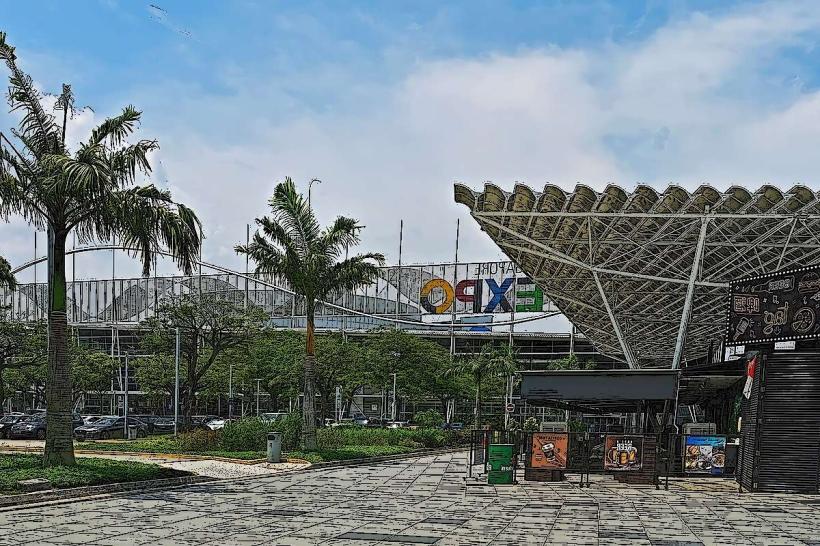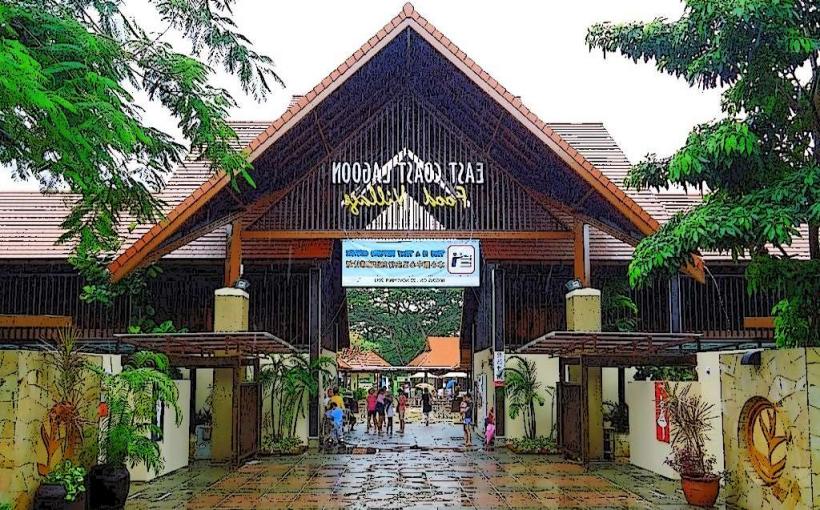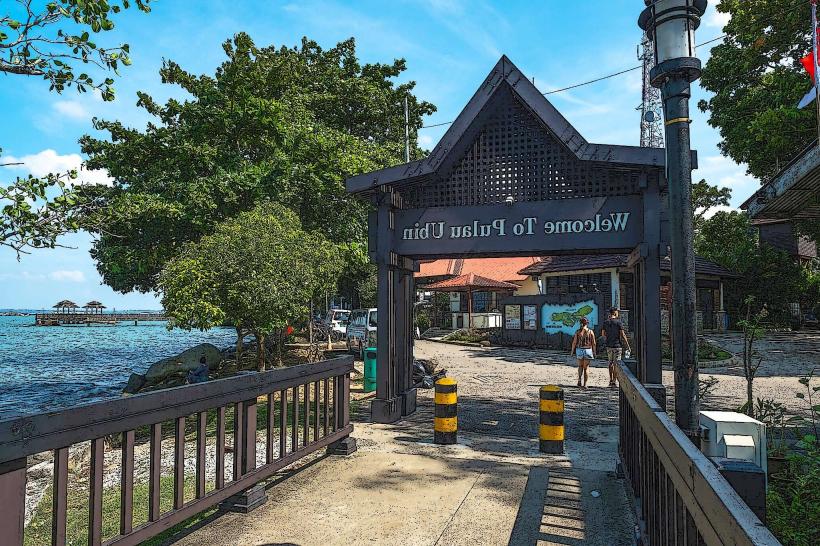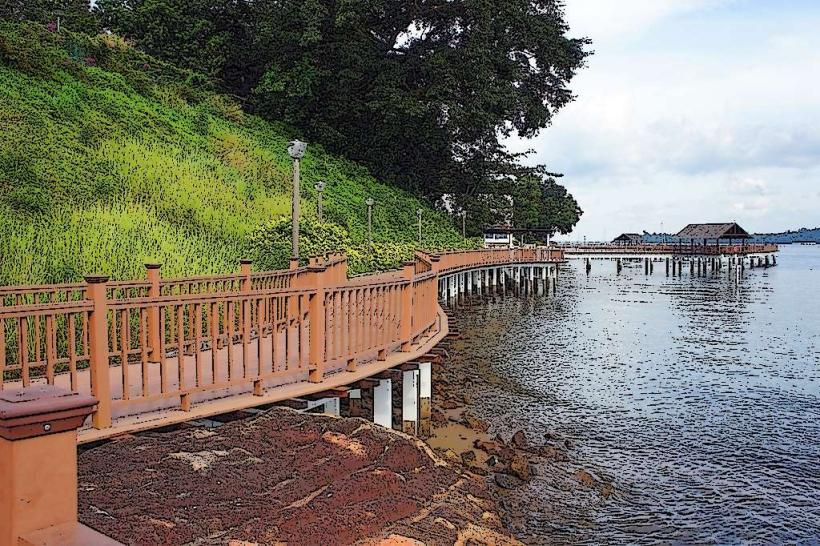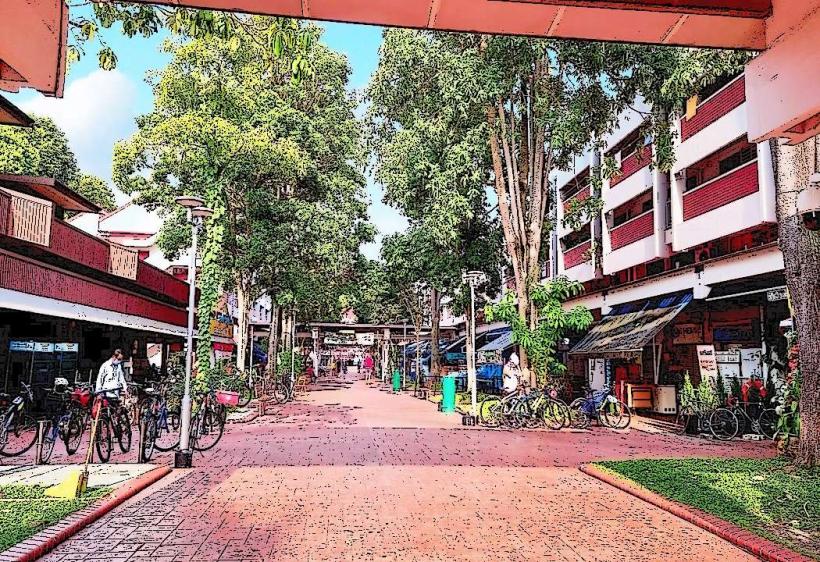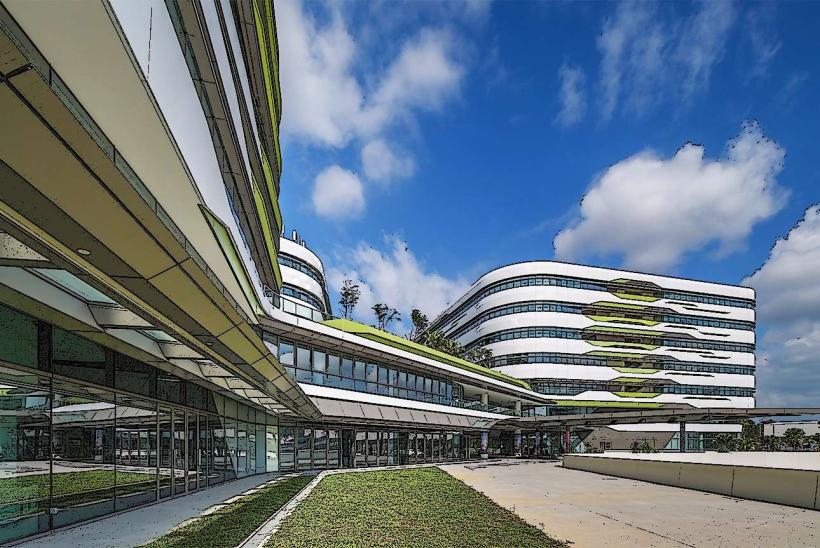Information
Landmark: Loyang Tua Pek Kong TempleCity: Eastern Region
Country: Singapore
Continent: Asia
Loyang Tua Pek Kong Temple, Eastern Region, Singapore, Asia
Loyang Tua Pek Kong Temple is a religious site located in the Eastern Region of Singapore.
This temple is dedicated to Tua Pek Kong, a deity revered in Chinese folk religion.
Visual Characteristics
The temple complex features several structures constructed primarily from concrete and painted in a palette of red, gold, and white. The main prayer hall is characterized by ornate roof decorations, including dragon motifs and guardian figures. Smaller shrines and pavilions are distributed throughout the grounds, some adorned with ceramic tiles and intricate carvings. The surrounding area is landscaped with mature trees and potted plants.
Location & Access Logistics
The temple is situated at 128T Loyang Besar Road, Singapore 507741. It is approximately 25 kilometers east of the Singapore city center. Access by private vehicle is via the Pan Island Expressway (PIE), exiting at Tampines Avenue 10, then proceeding onto Loyang Avenue and Loyang Besar Road. Parking is available on-site, with capacity for approximately 50 vehicles. Public transport options include bus services. Bus 29 stops directly opposite the temple entrance on Loyang Besar Road.
Historical & Ecological Origin
The origins of Loyang Tua Pek Kong Temple trace back to the 1980s, established by a group of devotees. It was officially registered as a place of worship in 1989. The temple was built on land that was previously undeveloped, part of the coastal fringe of Singapore. The site itself is not a natural geological formation but a constructed religious facility.
Key Highlights & Activities
Visitors can observe the various shrines dedicated to different deities. The main hall is open for prayer and reflection. The temple grounds are suitable for walking and quiet contemplation. Specific religious ceremonies and festivals are observed throughout the year, attracting larger gatherings.
Infrastructure & Amenities
Restrooms are available within the temple complex. Shaded areas are provided by the temple structures and surrounding trees. Cell phone signal (4G/5G) is generally strong in this location. Food vendors are not permanently located on-site, but temporary stalls may be present during festival periods.
Best Time to Visit
The temple is open daily from 7:00 AM to 7:00 PM. For photography, early morning or late afternoon light offers softer illumination on the temple structures. Weather is generally consistent year-round, though the monsoon season (November to January) may bring increased rainfall.
Facts & Legends
A local belief associated with the temple is that making a wish while circling the main deity's statue three times clockwise increases the likelihood of the wish being granted. The temple is also known for its annual birthday celebration of Tua Pek Kong, which draws significant crowds and features elaborate processions.
Nearby Landmarks
- Changi Chapel and Museum (2.1km Northeast)
- Changi Beach Park (2.5km East)
- Tampines Eco Green (3.8km West)
- Singapore Expo Convention and Exhibition Centre (4.5km Southwest)

